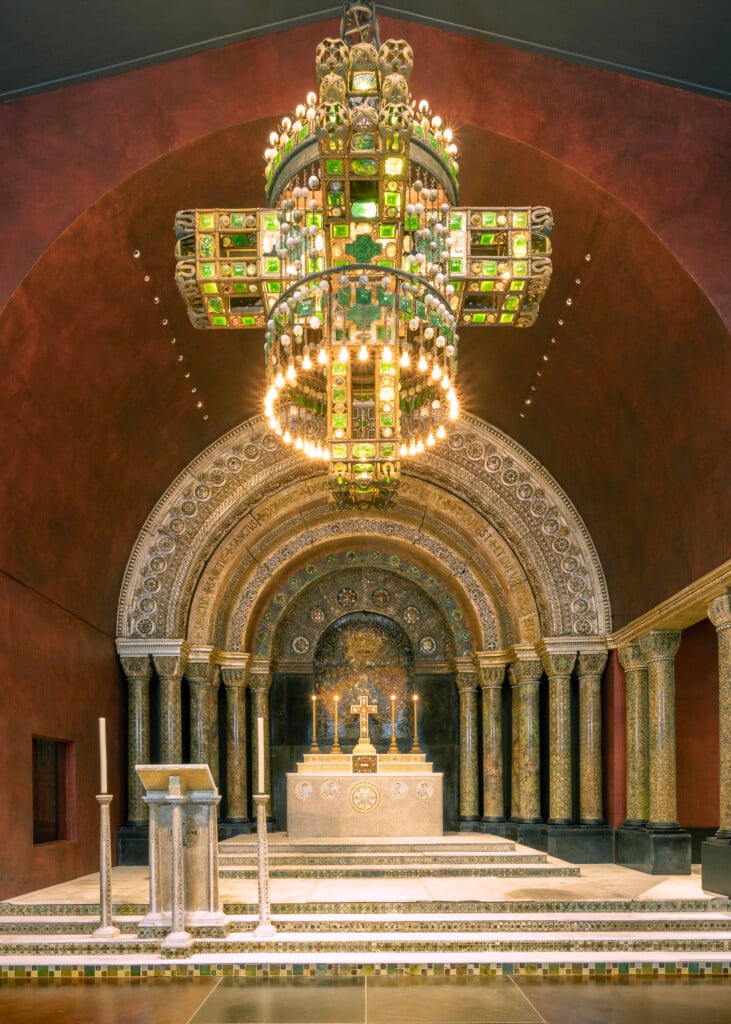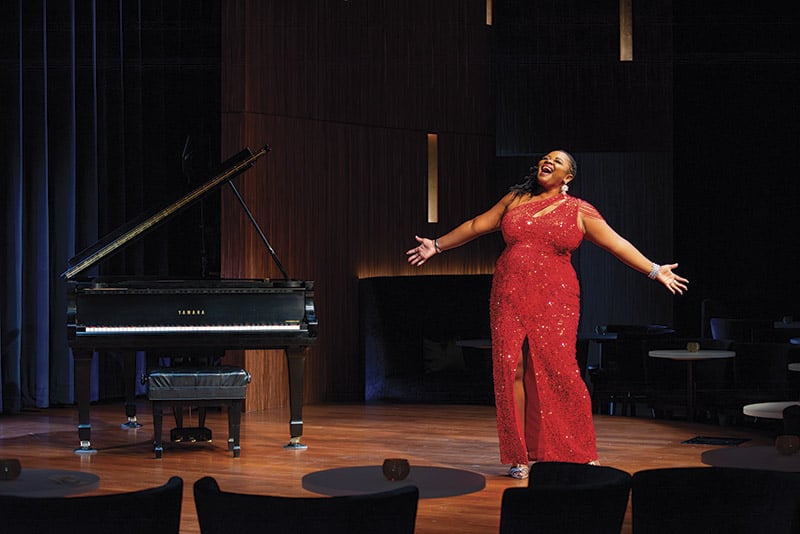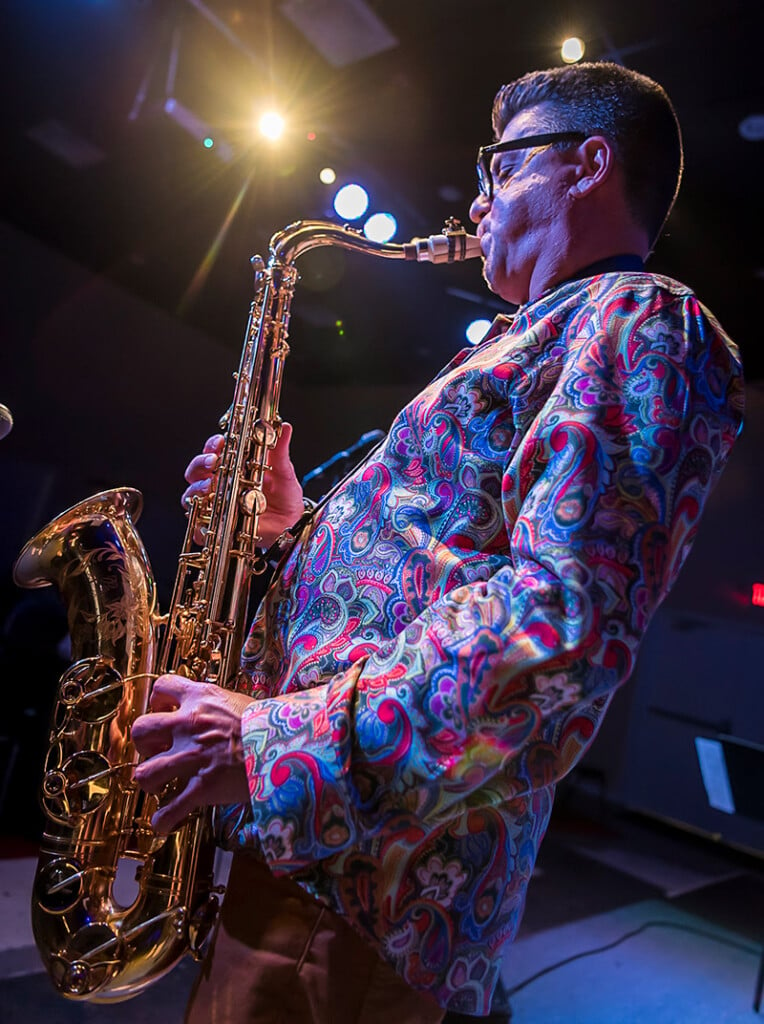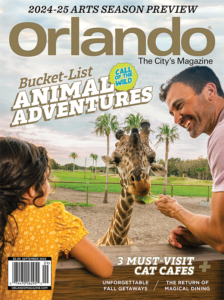Entertainment: Want to Hear Another “Florida Man” Story?
Sure you do.
Admit it. It’s a guilty pleasure, savoring yet another episode in that inexhaustible series of true-life yarns about various Sunshine State males making newspaper headlines by getting into bizarre predicaments such as, say, being trapped in a janitor’s closet for two days before discovering that the door was unlocked all along.
True story.
Ordinarily, the Florida Man genre is a point of perverse regional pride. But there was an exception two years ago, at least for the thousands of Sunshine State residents struggling to make a living in the filmmaking industry who spotted this headline:
“Florida Man Gets a Netflix Show—in North Carolina.” Ouch.
The story was about a fictional Netflix series entitled “Florida Man,” an ex-cop and Florida native who returns to his home state to find a mobster’s runaway girlfriend. Cool! It’s the kind of story you’d expect to be filmed in Miami, Fort Lauderdale, or maybe even Orlando.
But no: The story was filmed not in Florida but in—what? Where? Wilmington, N.C.?
That choice galled Florida’s film industry professionals for a couple of reasons.
One, it felt a bit like trademark infringement: Those guys are dummies, sure. But they’re our dummies.
Two, seeing yet another film production land in somebody else’s lap aggravated a longstanding sore spot for Sunshine State filmmakers.
Florida is home to thousands of film professionals who could once rely on getting jobs connected to on-location shooting. Blessed with good weather and a wide variety of locations, the state was once ranked third in the nation, behind only California and New York, for attracting filmmakers with big budgets.
But since 2006, when legislators stopped funding a program that lured filmmakers to the state with tax exemptions (as most other states do), Florida’s big-budget film industry has plummeted. Lobbyists laboring to convince state legislators to reinstate some version of the tax incentives have so far been unsuccessful.
But in the meantime, Florida film lovers, take heart. There’s at least one region in the state where moviemaking, at a somewhat more modest but inspired level, is enjoying an ongoing Renaissance.
That would be right here in Central Florida, where the area has been punching above its weight via an impressive and oft-overlooked combination of film festivals and independent filmmakers, particularly documentarians. It’s also quietly serving as a home base for educational resources and cutting-edge technology that is shaping film of the future.
Here’s a quick look at that still-thriving cinematic scene.
The Festivals
We’re coming up on the film festival season, of which Central Florida has more than its share.
The Florida Film Festival at Enzian Theatre in Maitland tops the list, with a nationwide reputation as one of the most engaging festivals in the country for both filmmakers and film buffs, because of the unassuming ambiance generated by its unique location in the midst of a leafy, live oak-shaded complex.
The festival is sponsored by Full Sail University, which offers degree programs in media, arts, and entertainment technology. “It’s the perfect merger of art and academics,” says Rick Ramsey, education director of visual arts at Full Sail University.
Later in the season comes the nationally recognized Global Peace Film Festival, which also takes place at Enzian, focusing mainly on documentaries highlighting human rights and the struggle for world peace. Next up is the Orlando Film Festival, named one of the top 25 “Coolest Film Festivals in the World” by Moviemaker Magazine as an eight-day fest showcasing independent cinema worldwide.
You say you have a short attention span? For you, there’s the One Minute Short Film Festival, a serious endeavor at the Winter Park Library as an occasional series managed by innovative performance artist Banks Helfrich. Blending quirkiness, pithiness and brevity, the series features one-minute-long films—yes; you read that right—created by devoted amateurs to explore issues of the day.
There’s a discussion session after each screening. If it gets heated, Banks employs a reliably calming strategy. “I just start playing peaceful music,” he says. Amen, brother Banks.

Orlando filmmaker Todd Thompson. Michael Rooker, Todd Thompson and Bill Cobbs on the set of This Man’s Life (2008). Photos courtesy of “What Hugh Knew,” My Wave, LLC
The Filmmakers
In part because of the dynamic between Central Florida’s film festivals and its educational enclaves, the area is home to quite a few veteran and independent filmmakers.
Seven years ago, local film lovers Lenny and Tzvia LoRusso created their own filmmaking competition: would-be amateur filmmakers are encouraged to create a short film and submit it for judging. They screen the films at an area theater; the winner gets a prize, and there’s even a dress-to-the-nines awards ceremony and fancy party to celebrate their achievement.
Rollins College graduates Evan Mascagni, Nick Capezzera and Shannon Post recently partnered with Martin Scorsese to create “Building a Bridge,” a documentary about a progressive Catholic priest which recently screened at the Tribeca Film Festival in New York City.
Full-fledged professionals have turned Central Florida into a staging area for numerous award-winning documentaries. In recent years, that has included an examination of the endangered Florida panther and documentaries devoted to survivors of the Pulse nightclub massacre. Veteran local documentarian Todd Thompson’s work includes the cleverly entitled “PRE-FAB!” his tribute to the Quarrymen (the band that evolved into that fab group called the Beatles), and “Woman in Motion,” a tribute to the late-life activism of Nichelle Nichols, who portrayed Uhuru in “Star Trek,” then proceeded to boldly go on real-life crusades.

On the set for “What Hugh Knew,” a documentary currently being filmed in Florida. Photos Courtesy of “What Hugh Knew,” My Wave, LLC
The Future
There’s no telling whether Florida will return to its place as one of the states attracting high-end Hollywood money. But meanwhile, in a futuristic complex on John Young Parkway, an enterprise known as Vū Orlando is quietly reshaping how movies are made.
The centerpiece of the virtual production facility is a massive LED screen that creates the illusion of three-dimensional reality by digitally enveloping actors who play out scenes in front of it. Vū has built four studios in the past two years, including outposts in Tampa, Las Vegas and Nashville. Orlando was most recent to open, and with three sound stages and more than 28,000 square feet, it is the largest of all.
Being indoors, virtual production is a 24-hour, rain-or-shine proposition. As a company advertisement puts it: “With the Vū network, we combine the power of creativity and technology to create an environment for collaboration, creative control and freedom. Blurring the lines between what’s physical and what’s digital, we can take you anywhere you want to go—all from a single location.”
So cheer up, at least a bit. One of those locations is now Central Florida.
True story.




